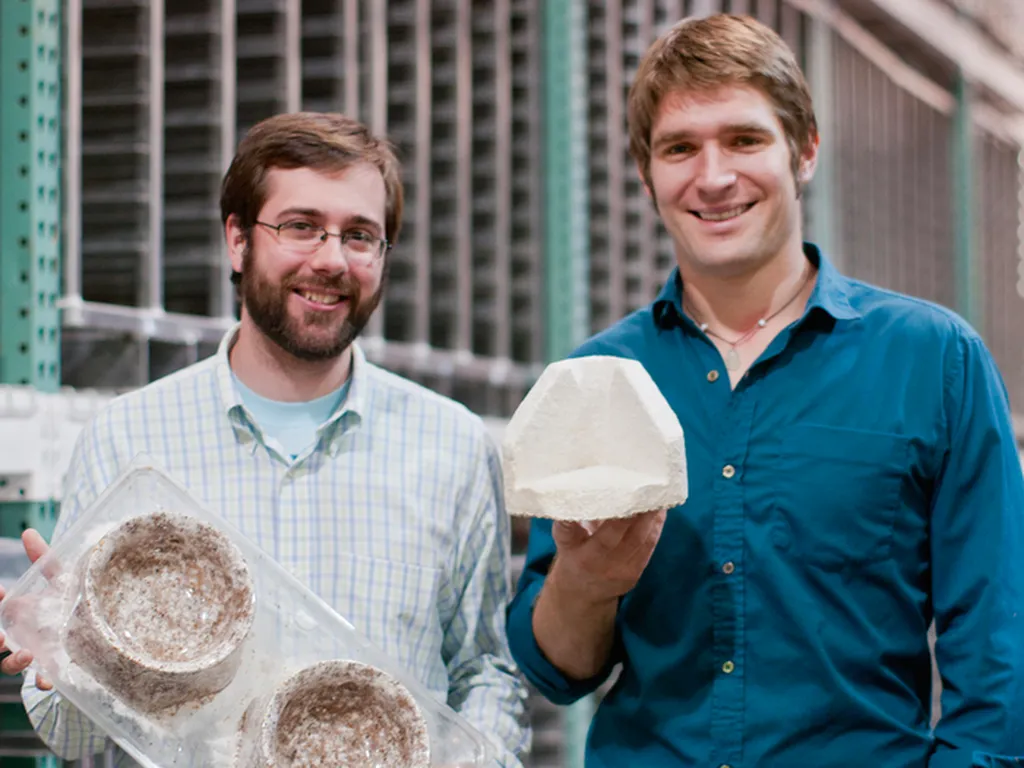In a significant stride towards advancing cellular agriculture, researchers have unveiled a novel approach to cultivating fat using plant-based scaffolds, potentially revolutionizing the cultivated meat industry. The study, published in *Engineering in Life Sciences*, explores the behavior of porcine mesenchymal stem cells and lipid metabolism on these innovative scaffolds, offering a glimpse into the future of sustainable food production.
The research, led by Mariia Abyzova at the Institute of Technical Chemistry, Leibniz University of Hannover, Germany, demonstrates that coating electrospun-derived plant-based scaffolds with poly-L-lysine significantly enhances cell adhesion and proliferation. This finding presents a cost-effective alternative to traditional extracellular matrix (ECM) components, addressing a critical need in the field of cellular agriculture.
“Our study shows that plant-based scaffolds can be a viable and economical option for culturing adherent cells,” Abyzova explained. “This could have profound implications for the agriculture sector, particularly in the production of cultivated meat and fat.”
The researchers also investigated the influence of various adipogenic media formulations on the fatty acid composition of the cultivated fat. Notably, the incorporation of intralipid led to a significant shift in the lipid profile, increasing the proportion of stearic acid while reducing oleic, linoleic, and alpha-linolenic acids. This flexibility in modulating lipid profiles could cater to diverse consumer preferences and nutritional needs.
“By adjusting the basal media formulations and adding intralipid, we can customize the lipid profiles to meet specific requirements,” Abyzova added. “This level of control is crucial for developing products that appeal to a wide range of consumers.”
The study’s findings suggest that while both types of matrices and basal media formulations have moderate to negligible effects on the overall fatty acid composition, the potential for customization remains a significant advantage. This research could pave the way for more sustainable and efficient methods of producing cultivated fat, ultimately benefiting the agriculture sector and consumers alike.
As the field of cellular agriculture continues to evolve, this study highlights the importance of innovative approaches to culturing adherent cells. The use of plant-based scaffolds and the ability to tailor lipid profiles offer promising avenues for future developments, potentially reshaping the landscape of food production and technology.

